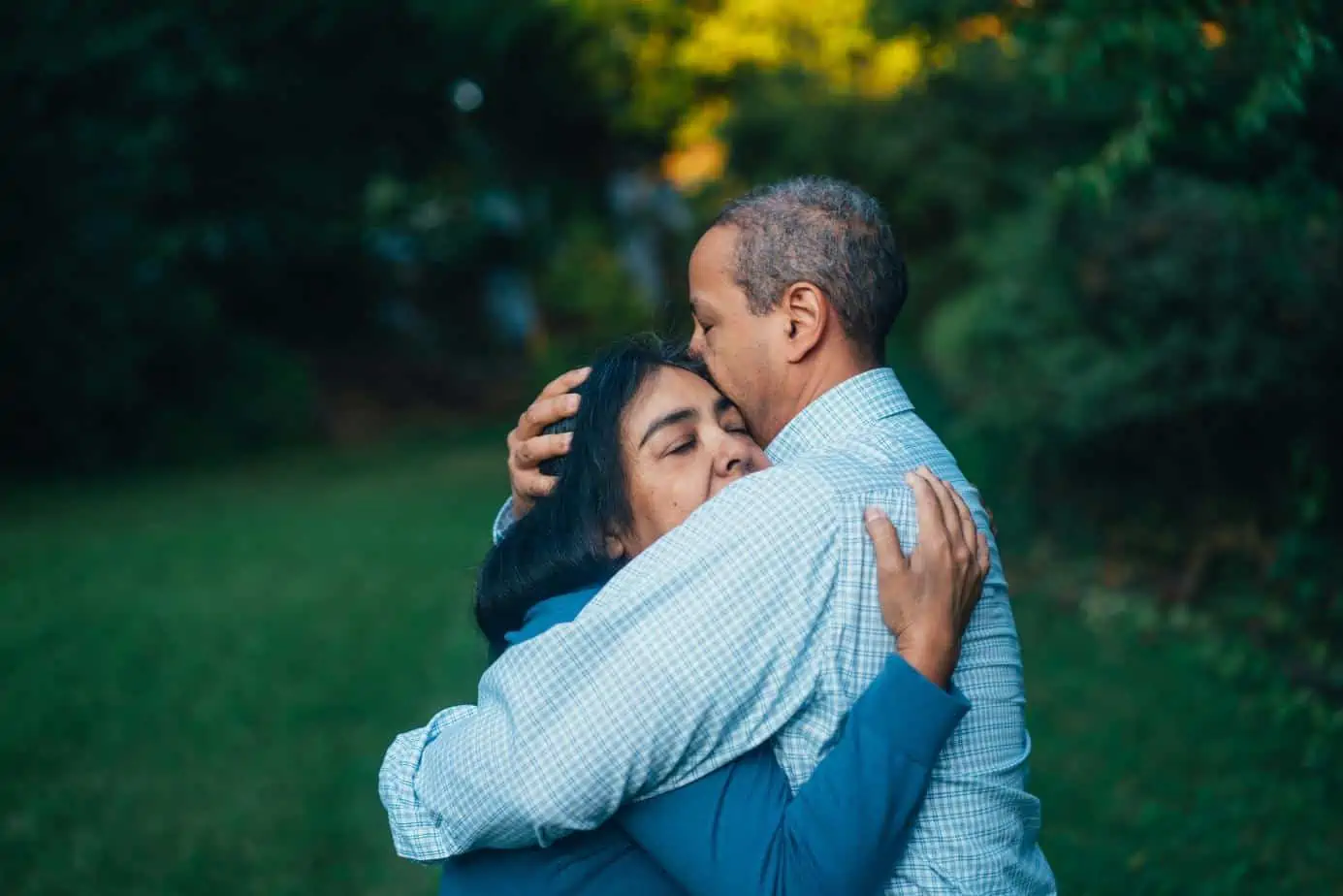Supporting a loved one through addiction recovery brings its own set of emotional ups and downs. As your parent, partner, sibling, or friend works towards healing and transformation, the role of forgiveness becomes a central theme. Although forgiveness is not always easy, there are steps you can take to move past any damage, hurt, and trauma your loved one may have caused during active addiction. Practicing forgiveness in recovery can benefit both your mental well-beings and recovery journeys.
Taking Steps Towards Forgiveness
Even though your loved one may have progressed significantly in their recovery, you may still feel the need to tread lightly when it comes to reconciliation. Clinician Sarah Sowards shares a few tips to help make the process a little easier:
- Learn about the disease of addiction. Learning about addiction helps you understand the underlying factors that contributed to your loved one’s struggle. Understanding how substances affect the brain and lead to unhealthy behaviors can foster empathy and reduce blame.
- Forgiveness requires self-reflection and perspective: Look inward and take some space from the situation. Acknowledging what we feel and understanding what has hurt us is important but so is taking a step back to consider the situation from a different angle or through a different lens. These things can take time, and that’s okay.
- Forgive for yourself, not someone else: Be sure the reason you choose to forgive someone is your own. While we might sometimes face pressure to forgive for the sake of others and their comfort, ultimately forgiveness is about how we can be comfortable moving forward.
- Pent-up anger should be let go: Holding onto a grudge or strong feelings like anger is harmful to your emotional and physical well-being. This step can potentially make the biggest positive impact on your relationship with your loved one in recovery.
- Forgiveness can change boundaries: Sometimes we can forgive someone and go back to the way things were, however, this is not the case every time. It is normal for relationships to change, and look and feel differently, even after forgiveness has been given. Setting new, healthy boundaries and limits is perfectly reasonable.
- Forgiveness isn’t about being right, it’s about being happy: Choosing to forgive someone should be about wanting a healthy relationship with them in the future. Sometimes, forgiving means putting your ego away and deciding you don’t want to harbor resentment or carry that weight around with you.
- Give it time: The relationship with your loved one in recovery will not be restored overnight. Healing is a process, and it is important that you don’t rush it or force it. If you have gone through significant trauma due to your loved one’s addiction, it’s completely fine to forgive them from afar if you must. This may even be the best solution for both of you for the time being. Your forgiveness will still be greatly beneficial whether your loved one is cognizant of it or not. And if you both are willing to move forward for a stronger future together, it will happen naturally.
Leave the Past Out of Your Future
Before taking the necessary steps to forgive, some individuals wait for their loved one in addiction recovery to apologize first for all the trauma they caused while in addiction. Although he or she will feel guilty at some point for all the turmoil their active addiction caused — if they are in a healthy recovery — you shouldn’t wait for this to happen to move forward. Truly letting go of the past will allow you to move towards a new life filled with an abundance of peace and serenity.
As you begin your journey to forgiveness, it is important that you remember that this whole process is truly about you addressing your own needs so that you will gain the freedom to start living a healthy life once again.
If you or a loved one is struggling with addiction, Mountainside can help.
Click here or call (888) 833-4676 to speak with one of our addiction treatment experts.

 By
By 






